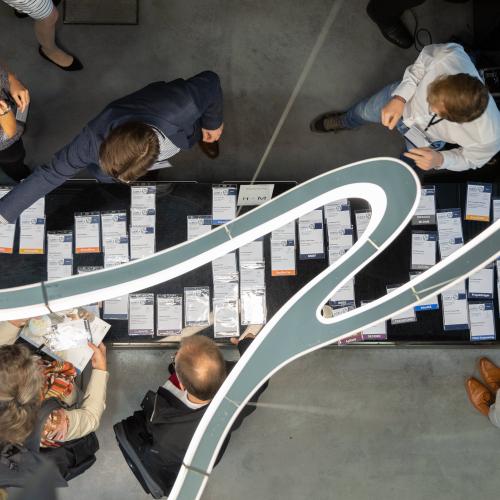With the "CLIENT II - International Partnerships for Sustainable Innovations" funding initiative, the Federal Ministry of Education and Research (BMBF) is promoting demand-oriented research collaborations with selected emerging and developing countries. The international joint projects are developing climate, energy, environmental and resource solutions that will help to address concrete challenges in the partner countries. With their innovative and sustainable solution approaches, each CLIENT II project impacts several Sustainable Development Goals (SDGs) at once. With a total of up to 150 million euros, the development of technologies, products, services and system solutions is promoted in seven subject areas. These are then inspected on-site in practical tests. The cooperation between German and international partners from the academic and professional worlds enables solutions that are adapted to local conditions, making them marketable. This approach strengthens the competitive position of Germany and the participating partner countries. Globally, CLIENT II is making a direct contribution to the mitigation of environmental degradation, the restoration of already degraded environmental processes and the sustainable management of natural resources.
The map of the world shows all projects and their locations. You can zoom in to individual regions and countries and get more information about each project with a click of the mouse. The list view provides a view of all projects with further filtering and sorting options.
CLIENT II at a glance



















